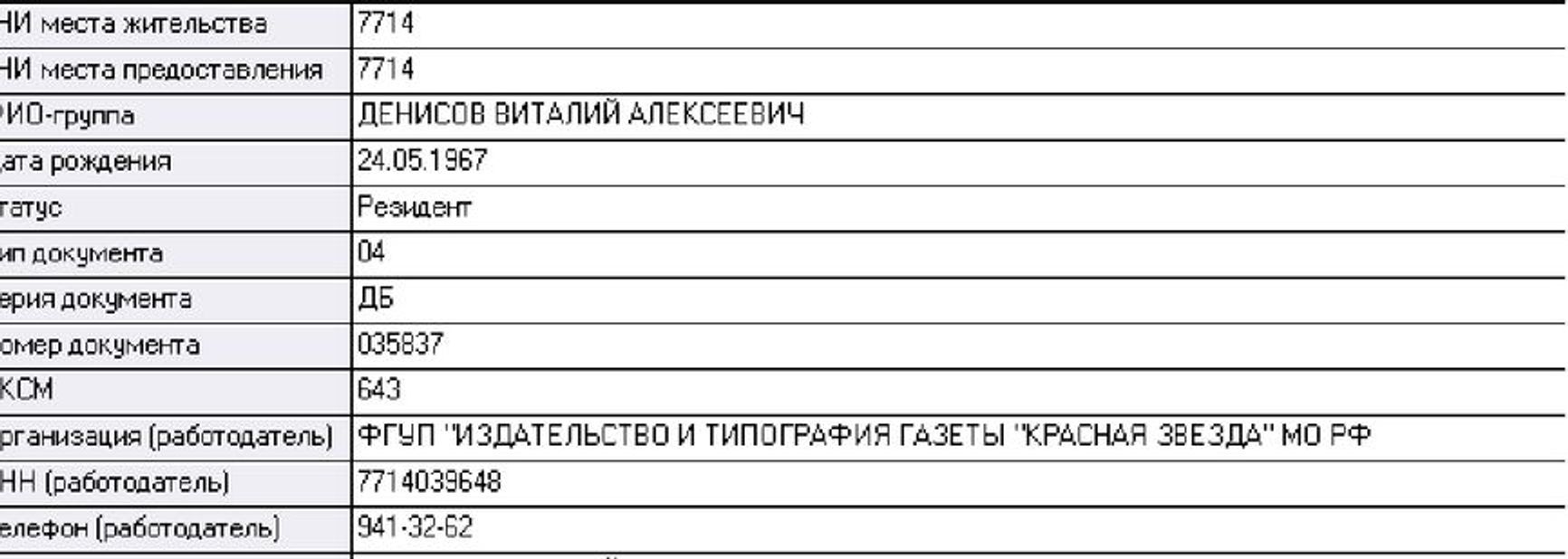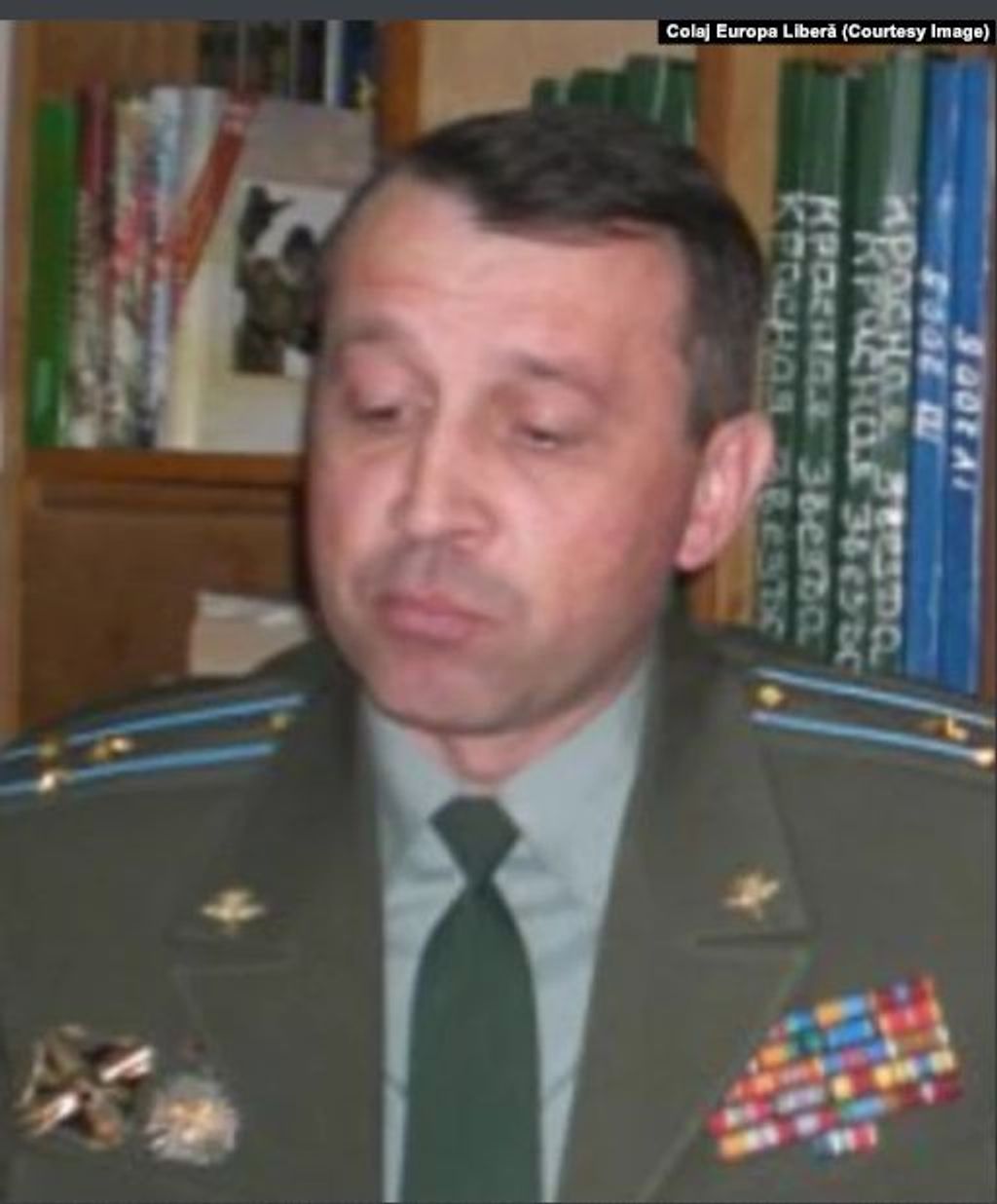
On September 13, Moldovan migration officers issued a deportation order to Vitaly Denisov, the head of the Sputnik Moldova news agency. “The order said that I threaten the national security of Moldova and I am banned from entering the country for 10 years,” Denisov said upon arrival in Moscow. Russian propagandist Dmitry Kiselev, CEO of the state-owned Rossiya Segodnya news agency, immediately reacted to the deportation, saying: “The destructive policy of the Moldovan authorities crosses all adequate boundaries of interstate relations.” Maria Zakharova, director of the Russian Foreign Affairs Ministry's Press and Information Department, also commented: “This is another example of how the current Moldovan government doesn't seem to value democracy. They don't understand what it is, nor do they understand free speech and the rights of journalists.”
Meanwhile, as revealed by Radio Liberty's Moldovan service, Denisov has a shaky connection to journalism, and is likely a member of Russia’s 72nd Special Service Center (Military Unit No. 54777), which is involved in spreading “fake news” and handling disinformation campaigns targeting foreign audiences in the interests of the GRU (Russia’s military intelligence agency).
Born in 1967 in Transcarpathia (Zakarpattia Oblast in Ukraine), Vitaly Denisov pursued his education at the Lviv Higher Military Political School (LVVPU) after completing his secondary schooling. The LVVPU primarily trained individuals for roles as cultural and educational organizers (political officers) and military journalists.
“Especially memorable were the grueling classes on how to cover our invasion of Afghanistan,” former LVVPU cadet Sergei Petrenko told The Insider. “They taught us to write in such a way as not to speak of our human losses and losses of equipment, and they constantly insinuated that the Americans wanted to place their missiles in Afghanistan. At that time it was called ‘providing international aid to the friendly Afghan people.’ Of course, they also taught us the basics of conspiracy and military intelligence gathering.”
The LVVPU, where Denisov studied, was renamed the Hetman Petro Sahaidachny National Army Academy in 2009. In July 2023, the Russian army struck the academy with Kalibr missiles and destroyed one of its buildings.
In 1988, Denisov was issued certificate No. DB 035837, signed by Lieutenant General Oleg Zolotarev, the LVVPU’s deputy head.

In 1992, Cadet Denisov declined to pledge allegiance to Ukraine and relocated to Moscow along with the other individuals who refused. He found accommodation not far from the GRU headquarters in an officers' dormitory at 38 Khoroshevskoye Avenue. According to tax records, he was then officially employed by the Ministry of Defense's primary media outlet, the newspaper Krasnaya Zvezda (“Red Star”). His mentor at the time was Gennady Mironovich, a veteran Soviet military journalist who had served at the headquarters of the 40th Army during the USSR’s invasion of Afghanistan.

After that, Denisov's whereabouts were difficult to trace. In 2005, he was allocated a service apartment on Admiral Lazarev Street and received a standard officer's certificate (AA 0014839) from the Defense Ministry. In 2013, Denisov resurfaced in the Moscow Region's Main Investigative Directorate. His specific position or responsibilities within the directorate remain somewhat unclear, given his absence of formal legal education.


Image courtesy of Radio Europa Liberă Moldova; Original image source: VKontakte
South Ossetia, Azerbaijan, Moldova
According to The Insider's source within Russia’s Defense Ministry, Denisov transitioned from the Investigative Committee to the 72nd Special Service Center (formerly known as Military Unit No. 54777). This center specializes in the collection and analysis of data from GRU agents abroad, and is also tasked with handling disinformation campaigns. It also supervises several organizations that receive government grants and target Russian-speaking audiences, such as InfoRos, the Institute of the Russian Abroad (“Institut Rossiskogo Zarubezhya”), Russky Vek (“Russian Century”), and Rus’ Edinaya (“Rus’ United”). In July 2020, Western media reported allegations that officers at the Center were involved in disseminating false information about Covid-19 to English-speaking audiences.
In 2016, Officer Denisov received a promotion to the rank of colonel within the Airborne Forces. In 2019, he assumed the role of editor-in-chief at propaganda outlet Sputnik in South Ossetia [Sputnik is owned by Rossiya Segodnya, which is in turn owned and operated by the Russian government — The Insider]. During his time in that role, he attracted significant attention due to an incident in which he alleged an attempted poisoning using household gas, going so far as to share images of damaged metal gas hoses. An investigation carried out with the participation of the South Ossetian security service ultimately determined that the hoses was merely old and worn-out.

Following his time in Tskhinvali, Denisov relocated to Azerbaijan’s capital Baku, where he assumed leadership of the local Sputnik outlet. Controversies soon followed, with employees resigning in protest against his management style. Azerbaijani media referred to Denisov as nothing more than a Russian military intelligence officer.
In 2022, Colonel Denisov was dispatched to Chisinau with the task of gathering information and advancing the pro-Kremlin agenda. However, following the invasion of Ukraine by Russian forces, the websites and broadcasting of the local Sputnik station were blocked.
In late July 2023, a diplomatic scandal broke out following the publication of a joint investigation by The Insider and Moldovan outlet Jurnal TV, which exposed the presence of agents and listening devices on the premises of the Russian diplomatic office in Chisinau. The Moldovan authorities then requested 36 employees of Russia’s diplomatic mission to leave the country. This group included GRU officers, the ambassador's counselor, the head of Rossotrudnichestvo (formally known as the Federal Agency for the Commonwealth of Independent States Affairs, Compatriots Living Abroad, and International Humanitarian Cooperation), as well as embassy secretaries, vice-consuls, and attachés.
Read the full investigation here.
The Insider was unable to obtain an immediate response from Colonel Denisov.